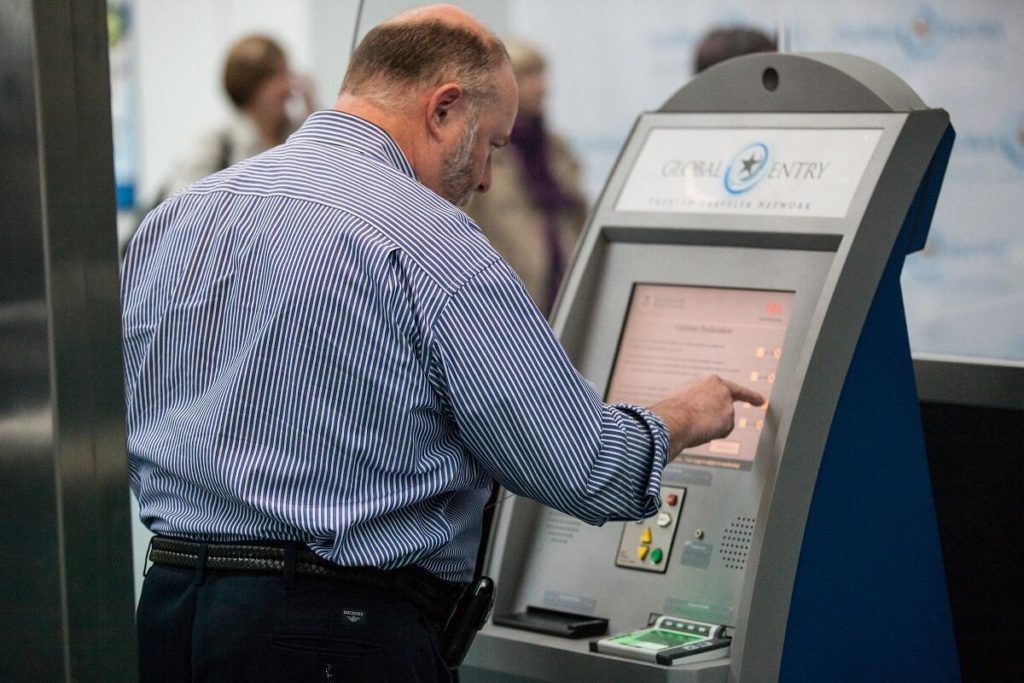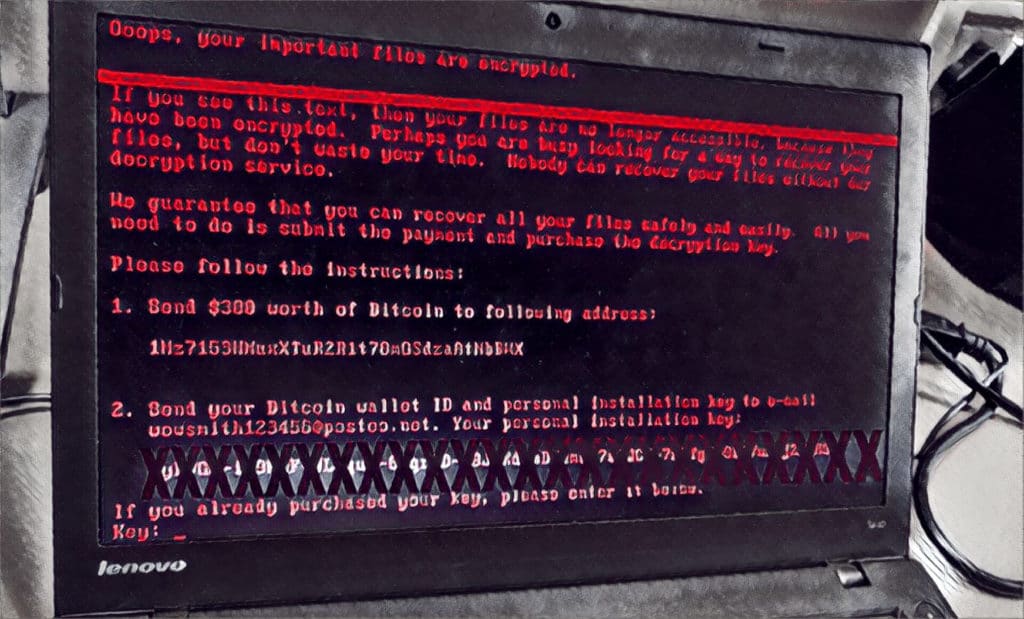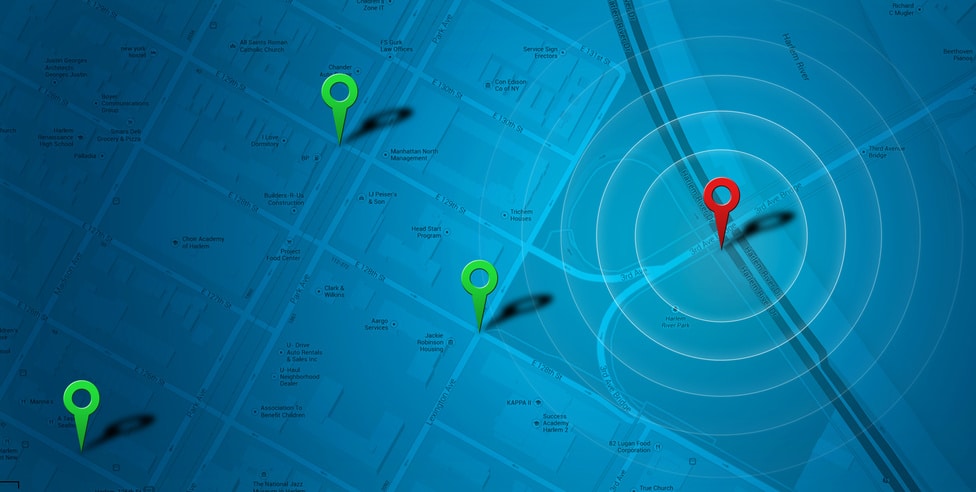A data breach of information belonging to the U.S. Customs and Border Patrol (CBP) that leaked photos of people and vehicles traveling over the United States border once again shows the risk associated with third-party access to sensitive or classified information. The breach–the result of a cyber attack on a third-party contractor who collected the images for the CBP–also raises issues of privacy and how much control and access should the government have over personally identifiable information, security experts said. News of the data leak broke widely on Monday, but CBP said said it actually occurred earlier. In an e-mail to Security Ledger, the agency said that on May 31, a subcontractor–revealed in reports to be Perceptics–transferred copies of license plate images and traveler images collected by CBP to the its company network without government knowledge or permission. Perceptics was soon after hit with a “malicious cyber-attack” that resulted in […]
third party
Massive Marriott Breach Underscores Risk of overlooking Data Liability
The Marriott breach underscores how companies fail to price in the risk of poor data security. In the age of GDPR, that could be an expensive failure.
NotPetya Horror Story Highlights Need for Holistic Security
The NotPetya malware’s ability to cripple even sophisticated, global firms is a cautionary tale about the need for businesses to understand their risk and take a holistic view of security says Fadi Albatal, Chief Strategy Officer at Hitachi Systems Security.*
Update: Two Years After Discovery Dangerous Security Hole Lingers in GPS Services
Security researchers warned of a serious vulnerability in a GPS service by the China-based firm ThinkRace exposes sensitive data in scores of GPS services, more than two years after the hole was discovered and reported to the firm. (Update: added comment from John van den Oever, the CEO of one2track B.V – PFR 1/3/2018)
The Spectrum of Mobile Risk: Protecting Your Corporate Data
In-brief: organizations need to better understand mobile risks if they want to protect critical data, writes Aaron Cockerill of the firm Lookout.





